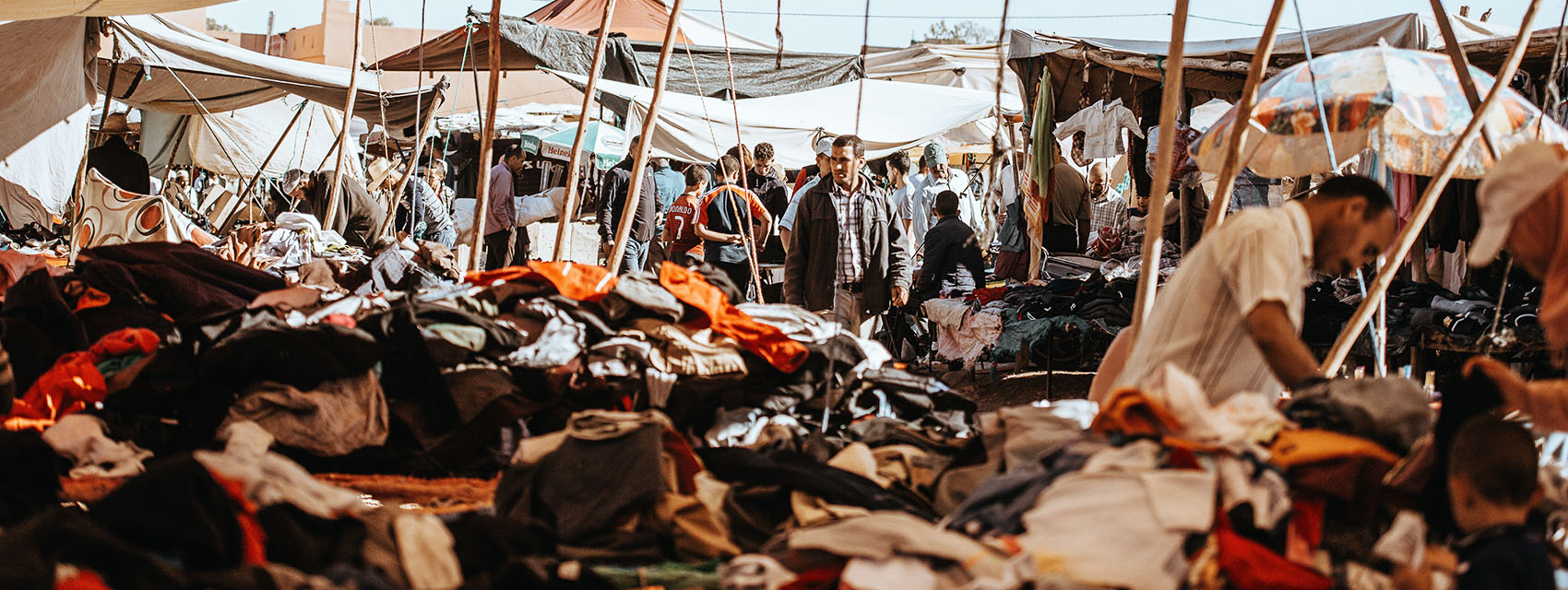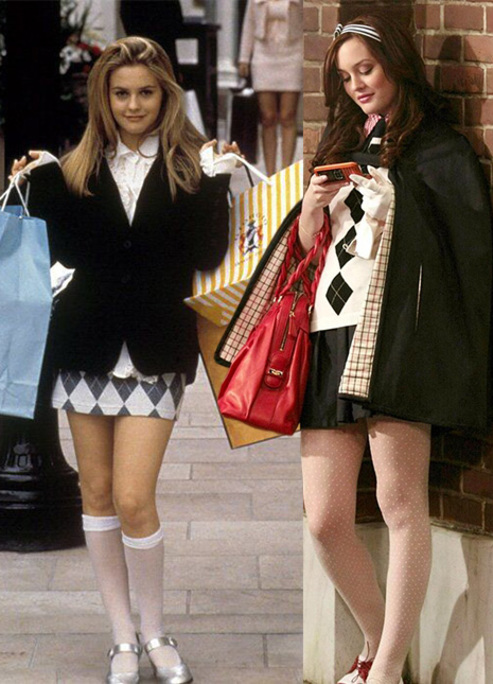Support Your Local Bootlegger Invest In Fakes
Why we should invest in the counterfeit to take back streetwear.
The tapestry that is embroiled to make street wear was sewn from two threads: inner city New York Hip Hop and Cali surf/skate. It was a combination of east and west coast into a tapestry so delicately combined back in the 80s. Streetwear is the embodiment of self expressed freedom. But it isn’t just about the clothes. Streetwear is a culture as well as a community. In short, streetwear started as a hustler selling from their car trunk, no financial backing, no fancy fashion college and no store in Soho.
WeStreetwear is the celebration of being raised in the streets. In the post codes you don’t search while looking for an apartment. The parts of town you won’t go. While the streets are tough they built an army of creatives who learned cut and sew not under the guidance of Madame Coco but under flickering street lights on ya grandma's older Singer.
The designs of hustlers drew influence from high end brands. High end brands hold even higher end price tags unaffordable to most of the population. Streetwear became synonymous with bootleggers who made high end knock-offs to be more accessible to the public. Remember that word: Accessible.
Bootleggers are the market stall counterfeits, the guy on the gram trying to sell you replicas — a fancy term for Fake AF, the African street vendors you find on holiday as well as the iconic Dapper Dan who had his own store.
Owning a replica or fakes was once frowned upon, however now, fashion is trying to look as bootlegged as ever. Three decades ago, Dapper Dan was shut down by Fendi only to now be collaborating with Gucci. The man who bought LL Cool J a Gucci bullet proof puffer has now been bought on board to the Gucci family. Supreme, who almost 17 years ago was served with a cease and desist has collaborated with Louis Vuitton. Virgil Abloh’s Pyrex brand was a knock-off Ralph Lauren Polo marked up by 700% now heads Louis Vuitton.
Fashion wants to look bootlegged by bootlegging the bootleggers. With streetwear culture exploding up in the high end fashion world, streetwear is becoming the opposite of what it set out to be: inaccessible. Consumers have now turned to the old ways of replica/counterfeits to keep up with the expensive hype that is dominating streetwear.
“We see more locals here than tourists buying from us, why would you buy an $800 bag that will be out of fashion next year when you can buy it from me for $15, and it is the best quality replica you can find.”, said one African street vendor on the coast of Barcelona. Walking down the coast of any popular Mediterranean destination you will find the African street vendors proudly displaying their replicas. The product is passable, down to the double stitch in the Gucci’s and the velvet lining in the LV’s. The sellers are dehydrated, tired from standing in the 35 degree Barcelona sun.
“The younger ones do better than the old people out here, they have clients they WhatsApp pictures of what has just come out to before selling it in the streets. It’s all for putting it up on the internet, it brings us good money.”, one veteran vendor described who has been selling on coastal water fronts for 15 years.
Since the explosion of streetwear and its reign in high-fashion, a common theme amongst vendors is that sales have spiked in the want for luxury goods' replicas. “It has to be a perfect copy or no one will buy it.”, Sambo mentions, a 28-year old from Ghana who last year spent the entire summer on the coast of Italy selling knock off Supreme x LV.
When asked if there was any negative backlash within the profession, the answer was only from the local street vendors, the police come out to show force, “but even the police buy from us” one vendor says. It's understandable that local vendors feel their business is threatened, a necklace sold at a local vendor could cost you up to $50, while at the African vendors you could haggle it down to $10.
African street vendors face up to 2 years jail time if charged with the selling counterfeits. The legal tennis match between criminalization and decriminalization of the profession. The vendors are just hustlers. When high end labels “borrow” aka bootleg another label, like Vetements DHL t-shirt that retails for upwards of $200 and is an exact replica of the DHL uniform, no one batted an eye. But for the hustlers out there it is all of a sudden criminal. It seems fashion is making fun of the counterfeits with Gucci sending out Fake Gucci on the catwalks, which was deemed genius, in a you-knocked-off-the-knock-off type of way.
Not all fashion brands detest the counterfeit game, Supreme founder James Jebbia had this to say in David Shapiro’s book about the label. “I don’t mind if others make a quick buck off Supreme.”
High end fashion dropping streetwear lines as a means to stay relevant are not street wear. Streetwear is a community, it’s a culture and it was made for the hustler to have accessibility to trends. Fashion is becoming increasingly inaccessible, we’ve ventured back towards the counterfeit game to just keep up with the trends in streetwear, a movement created as an alternative to high end fashion that was accessible. Streetwear is now being bootlegged by inaccessible high end brands. They are taking our designs, putting their labels on it and selling it back to us at jacked up prices. So why not take back that accessibility and buy from your local bootlegger? Or get a knock off. If you are a brand snob, then don’t ever say you wear street.
Next up, designer Bootlegger Dapper Dan now collabs with Gucci












